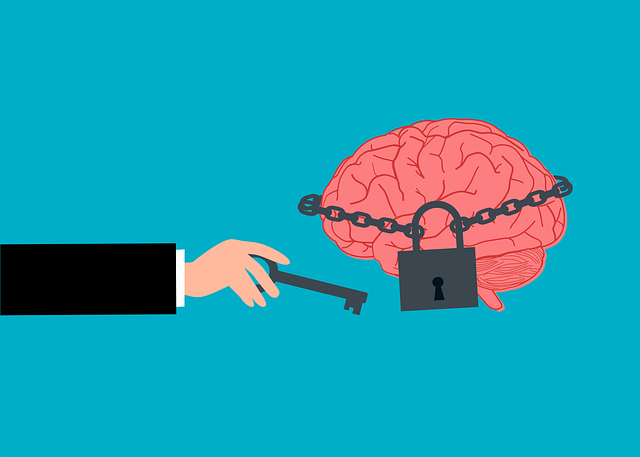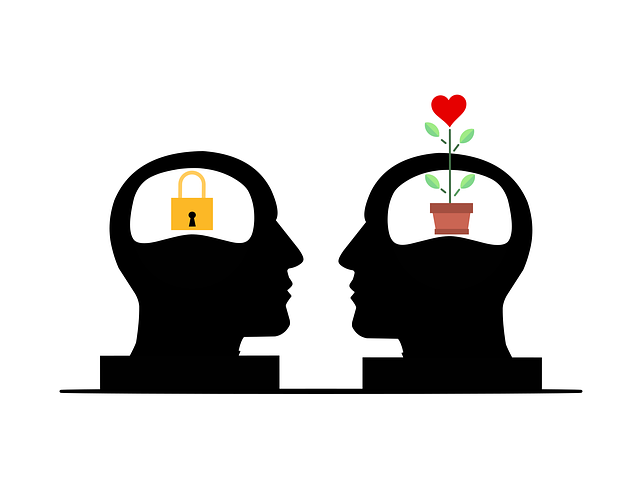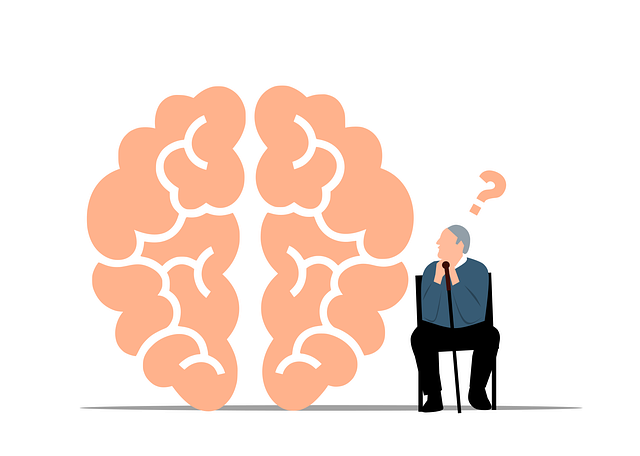Boulder American Sign Language (ASL) Therapy offers specialized grief counseling for those experiencing loss, using ASL to create a safe space for emotional expression. This unique approach benefits both deaf individuals and those who prefer non-verbal communication, enhancing self-esteem and trauma support. The program combines emotional support with social skills training, empowering clients to process grief, manage intense emotions, and build resilience through tools tailored to their needs. For complicated grief, Boulder ASL Therapy provides skilled therapists trained in risk management and burnout prevention strategies, fostering healing and resilience. Combining ASL therapy, coping skill development, and emotional regulation techniques supports bereaved individuals in effectively coping with loss.
Loss, grief, and bereavement are universal experiences that can profoundly impact an individual’s well-being. This comprehensive guide explores these complex emotions, offering a deeper understanding of their effects and the critical role counseling plays in healing. From the initial stages of loss to identifying signs of complicated grief, we provide insights into navigating these challenges. Furthermore, we introduce innovative approaches like Boulder American Sign Language Therapy, which offers unique support for those dealing with bereavement.
- Understanding Loss, Grief, and Bereavement: A Comprehensive Overview
- The Role of Counseling in Navigating Difficulties After Loss
- Boulder American Sign Language Therapy: A Unique Approach to Support
- Identifying Signs of Complicated Grief and When to Seek Professional Help
- Effective Strategies for Healing and Coping with Bereavement
Understanding Loss, Grief, and Bereavement: A Comprehensive Overview

Loss, grief, and bereavement are complex emotional experiences that can significantly impact an individual’s well-being. Understanding these concepts is the first step towards healing. Loss refers to the absence or departure of someone or something valued, while grief is the emotional response to loss, often characterized by sadness, anger, or confusion. Bereavement, on the other hand, is the period during which one grieves and adjusts to life after a significant loss. This process can be challenging and may vary from person to person, making it crucial to seek support when needed.
In Boulder, American Sign Language (ASL) Therapy offers unique counseling services tailored to individuals experiencing loss, grief, or bereavement. Trained therapists utilize ASL to create a safe and accessible space for clients to express their emotions, memories, and experiences. This approach is especially beneficial for the deaf community or those who prefer non-verbal communication, ensuring effective trauma support services and self-esteem improvement. Additionally, these therapy sessions can include Stress Management Workshops Organization techniques to help individuals cope with the intense emotions associated with loss.
The Role of Counseling in Navigating Difficulties After Loss

After a significant loss, counseling offers a safe space for individuals to navigate their grief and bereavement journey. It plays a pivotal role in helping folks process their emotions, understand their experiences, and develop coping mechanisms tailored to their unique needs. Through professional guidance, individuals can learn valuable tools for emotional regulation, enhancing their ability to manage mood swings and navigate the complexities of their loss.
Boulder American Sign Language Therapy provides a specialized approach, combining counseling with expertise in social skills training. This holistic approach ensures that clients not only receive support for their emotional well-being but also develop enhanced communication strategies. By addressing both the intellectual and physical aspects of grief, this therapy empowers individuals to process their loss, fostering a sense of resilience and improved quality of life.
Boulder American Sign Language Therapy: A Unique Approach to Support

In a unique twist on grief counseling, Boulder American Sign Language (ASL) Therapy offers a supportive space for individuals navigating loss. This innovative approach leverages the power of ASL not just as a language but as an empathetic tool to foster deeper connections and promote healing. By engaging in therapy through ASL, clients can express their emotions and experiences in a way that may feel more natural and less intimidating than spoken words, especially during times of profound sorrow. The non-verbal nature of ASL allows for a different kind of communication, encouraging body language and facial expressions to convey complex feelings, which can be particularly beneficial for those struggling with depression prevention or building resilience after bereavement.
Boulder ASL Therapy goes beyond simple translation; it incorporates empathy-building strategies tailored to the unique needs of individuals who have experienced loss. Therapists skilled in both counseling and ASL create a safe environment where clients feel understood, fostering open dialogue about their grief journey. This method not only aids in processing emotions but also helps individuals regain a sense of control and build resilience, enabling them to navigate life’s challenges with renewed strength and hope.
Identifying Signs of Complicated Grief and When to Seek Professional Help

Many people experience grief after losing a loved one, but complicated grief can occur when this process becomes prolonged or severely impacts daily life. Signs of complicated grief include intense emotional pain that doesn’t lessen over time, disruptions in routine and personal care, difficulty performing everyday tasks, extreme isolation or withdrawal, or persistent thoughts of the deceased. If these symptoms persist for several months and significantly impair functioning, it’s crucial to seek professional help.
Boulder American Sign Language Therapy offers specialized support for individuals navigating complicated grief. In light of the significant impact loss can have on mental health, our therapists are trained in risk management planning for mental health professionals, promoting emotional well-being through various techniques, and implementing burnout prevention strategies for healthcare providers. We believe that addressing grief in a safe and supportive environment is essential to fostering resilience and healing.
Effective Strategies for Healing and Coping with Bereavement

Healing from bereavement is a deeply personal journey, but certain strategies have proven effective for many individuals navigating loss. One powerful approach is incorporating American Sign Language (ASL) therapy, offered by professionals like Boulder ASL Therapy, to foster communication and emotional expression. Through ASL, grievers can articulate their feelings, share memories, and connect with others in unique and profound ways. This non-verbal form of therapy allows for a different kind of release, helping to process grief and promote healing.
In addition to ASL therapy, developing coping skills is essential. Techniques such as mindfulness meditation, deep breathing exercises, and engaging in creative outlets can aid in managing stress and regulating emotions. These practices encourage individuals to focus on the present moment, accept their feelings, and cultivate a sense of inner peace. By combining these strategies—American Sign Language therapy, coping skills development, and emotional regulation techniques—bereaved individuals can find effective ways to cope with their loss and gradually move towards healing and resilience.
In navigating the complexities of loss, grief, and bereavement, counseling plays a pivotal role in offering support and guiding individuals through their healing journey. The article has explored these profound emotions, from understanding their nuances to highlighting effective coping strategies. Notably, Boulder American Sign Language Therapy emerges as a unique and valuable approach, catering to diverse needs by providing supportive services tailored for the deaf community. By recognizing signs of complicated grief and seeking professional help when needed, individuals can access the necessary resources for healing and moving forward after loss.










